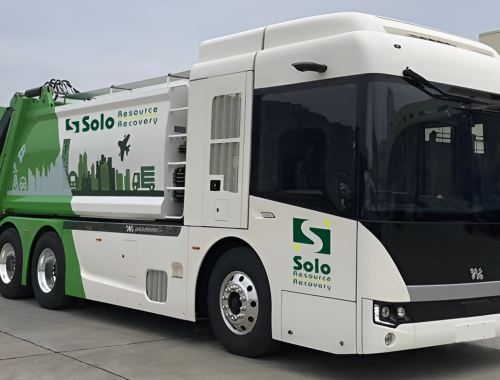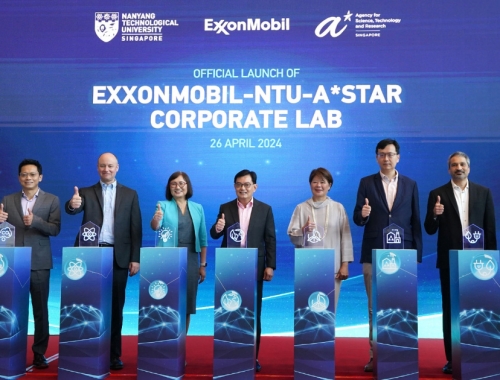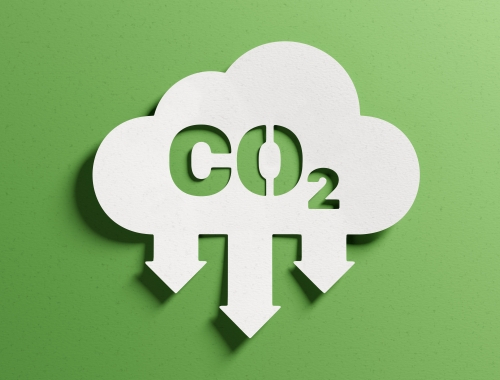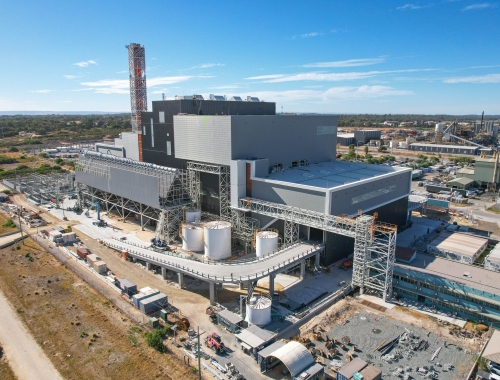ReNu advances Tasmanian green hydrogen projects with supplier selection
SUMMARY
The company aims to produce green hydrogen for the road transport and natural gas sectors in Tasmania.
By Shardul SharmaPOSTED IN:
ASX-listed ReNu Energy on July 12 said that its subsidiary, Countrywide Hydrogen, is progressing towards a final investment decision for its Tasmanian green hydrogen projects, which aim to produce green hydrogen for the road transport and natural gas sectors in Tasmania.
Countrywide Hydrogen has reached a key milestone by selecting suppliers for crucial components of the projects. Plug Power, a hydrogen solutions provider, has been chosen as the supplier of two 5MW proton exchange membrane (PEM) electrolysers. These electrolysers will play a role in the production of hydrogen through the process of electrolysis, using renewable power sources.
Fabrum Solutions, a New Zealand-based company with experience in green hydrogen projects, has been selected as the supplier of the hydrogen refuelling stations (HRS). The HRS will provide the infrastructure necessary for refuelling hydrogen-powered vehicles, enabling the adoption of fuel cell electric trucks and other hydrogen-fueled vehicles in Tasmania.
To ensure smooth project execution, ReNu Energy has also selected Wasco as the construction contractor. Wasco, an Australian-based company with expertise in construction and operations services, will work alongside Fabrum on the construction and balance of works for the projects.
The project's strategic locations in Brighton near Hobart and Western Junction near Launceston will allow for optimal utilisation of existing infrastructure, the company said. Each site will house a Plug Power 5MW PEM electrolyser and a Fabrum H35 HRS, enabling a combined production capacity of up to 4,200kg/day of hydrogen, with storage capacity of 2,000kg.
The design of the projects allows for scalability and future expansion. If demand increases beyond the capacity of the initial electrolyser setup, a second 5MW electrolyser can be installed at each site. The hydrogen refuelling stations are also designed to accommodate additional storage and compression, doubling their capacity in the future.
The projects will utilise renewable power sources initially from the state's grid, with plans to transition to behind-the-meter solar and power purchase agreements with wind, solar, and hydro operators. TasWater will provide the water supply necessary for the electrolysis process.







